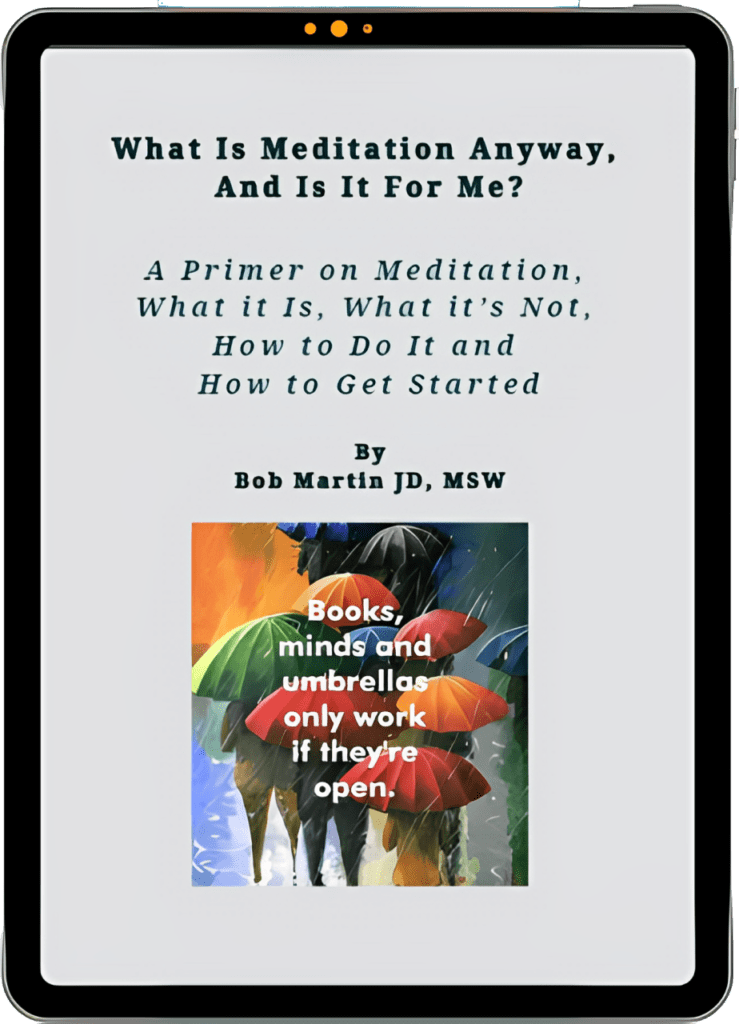Many high achievers tend to overlook at the power of gratitude, dismissing it as unproductive or “soft.” In a world focused on results and progress, gratitude often feels intangible or idealistic, much like self-care, which some view as unnecessary. However, dismissing gratitude as merely a feel-good concept is a missed opportunity, especially for those navigating life’s inevitable challenges.
Contrary to popular belief, practicing the power of gratitude doesn’t mean ignoring hardships or forcing positivity. We’re not asked to be thankful for difficult situations themselves. However, recognizing small opportunities for growth or good amidst adversity can be incredibly valuable. Think of Albert Einstein’s famous words: “In the middle of difficulty lies opportunity.” Finding something to appreciate—a lesson learned, a moment of connection—can help soften anxiety and stress even in tough times
What is Gratitude?
The Power of Gratitude is, at its core, a way of redirecting attention to what matters. Researcher Brené Brown defines it as “an emotion that reflects our deep appreciation for what we value, what brings meaning to our lives, and what makes us feel connected to ourselves and others.” It’s about noticing what’s good, even when everything isn’t perfect.
High achievers often focus on what isn’t going well—what still needs fixing. But gratitude allows you to see the positives that balance out the negatives. This shift in focus can ground you in the present, helping to reduce feelings of overwhelm and hopelessness.
The Gratitude Myth
A common misconception is that success leads to happiness, which in turn leads to the power of gratitude. This backward thinking can cause people to neglect appreciation in pursuit of their goals. But the reality is the reverse: gratitude fuels happiness, and happiness enhances success. Multiple studies have shown that gratitude improves mental well-being, sleep, relationships, and overall productivity—all crucial elements for career success.
How Gratitude Combats Negative Thinking
High achievers often fall into cognitive traps like all-or-nothing thinking, jumping to conclusions, or obsessing over how things “should” be. These thought patterns—what I call the “Troublesome Trifecta”—can increase anxiety and diminish confidence. Gratitude can counteract these distortions by helping us focus on the good, even when things aren’t perfect.
- All-or-Nothing Thinking: The Power of Gratitude allows you to see the gray areas, acknowledging that while some things might be difficult, not everything is bad.
- Jumping to Conclusions: By grounding yourself in what’s working, gratitude shifts your focus away from worst-case scenarios and reminds you of your capabilities.
- Should Statements: Gratitude helps you appreciate the present moment and recognize your efforts rather than fixating on what you or others “should” have done.
Take Action: Reframing with Gratitude
Try this exercise to bring more the power of gratitude into your life: think of a situation where you’re struggling with unhelpful thoughts. For example, you didn’t complete a project on time, and your inner critic says, “I should have been more productive.” Reframe that thought with gratitude: “I’m grateful I care enough about my work to want to improve.”
With practice, gratitude can become second nature, guiding you toward healthier thinking, reducing stress, and ultimately boosting your success.
The Power of Gratitude isn’t just a “soft” practice—it’s a powerful personal and professional growth tool. By training yourself to focus on what’s working, you feel better and perform better. It’s a win-win: gratitude leads to happiness and success.


